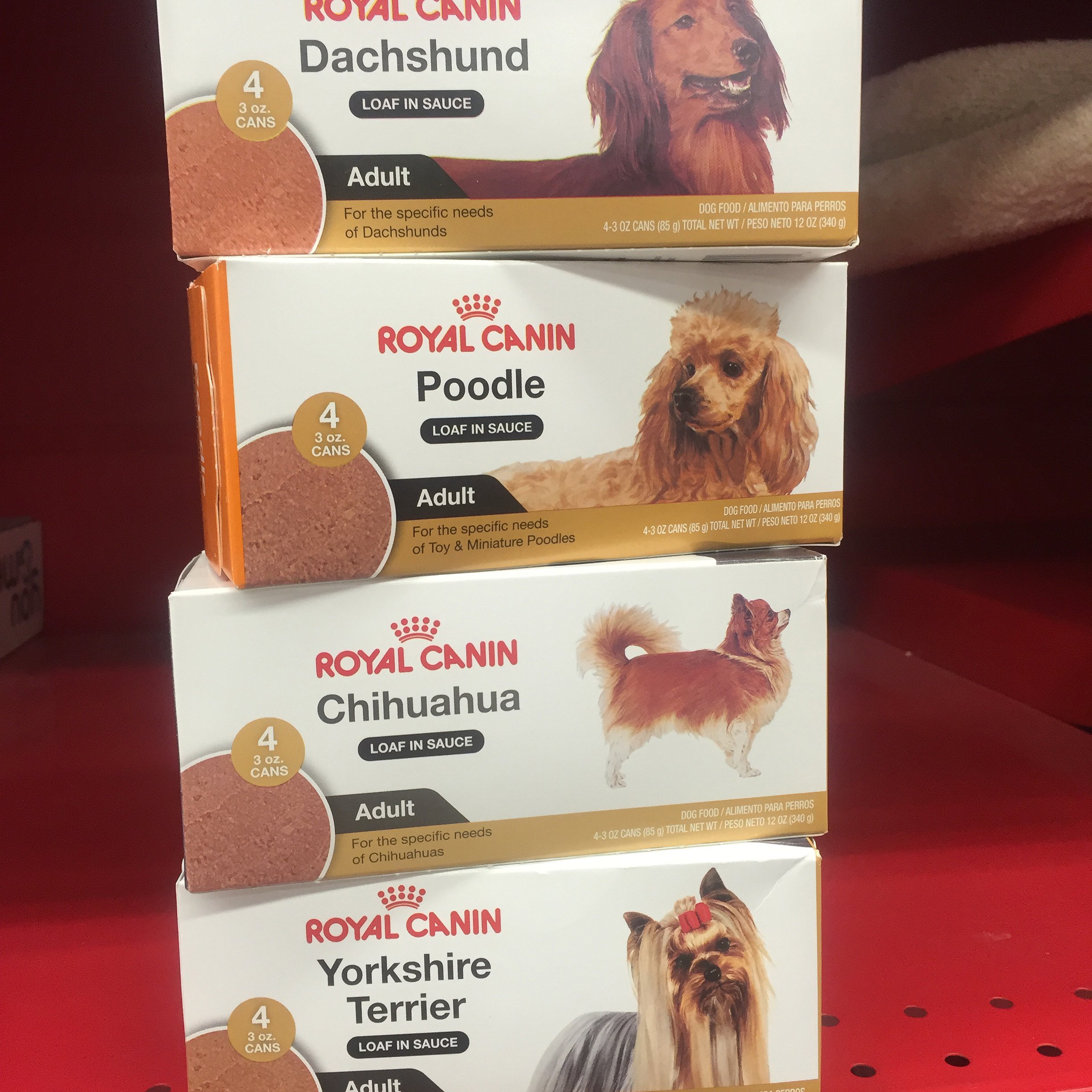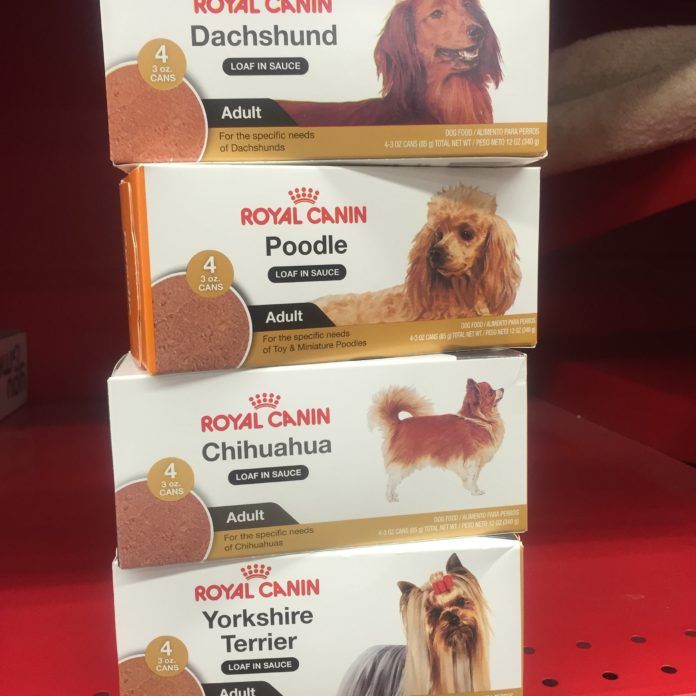

Some websites have offered food recipes for dogs of different breeds, based on where the breed originated. For instance, since Yorkshire terriers started out in England, you might have found a breed-specific recipe for Yorkies that includes the beets and potatoes grown in northern climes. The thinking is that as the breed developed, it would have been fed the staple foods of the region in which it evolved and that those foods are now good for the dogs’ systems.
It doesn’t work that way. In fact, says Tufts veterinary nutritionist Cailin Heinze, VMD, DACVM, “if you feed a Yorkie beets and potatoes, it may increase her risk of developing calcium oxalate urinary stones.”
Okay, that’s people promulgating their own philosophy on the Internet rather than anything based on science, so it’s not surprising that it doesn’t translate to better nutrition for our pets. But what about reputable dog food companies that make diets intended for specific breeds? Would we be improving our dogs’ health by choosing kibble marketed for, say, just Labrador retrievers or just German shepherds?
It’s a question with economic as well as health ramifications, as these foods do not come cheap. We found a 30-pound bag of dry kibble intended just for Labs for $59.39 online, which makes it considerably more expensive than many one-food-fits-all-breeds options.
Looking at the evidence
Two well-regarded companies that are best known for making breed-specific foods for dogs are Royal Canin and Eukanuba (both now owned by Mars, Inc). And they have been doing it for a while, “at least 10 years,” estimates Dr. Heinze. Royal Canin has more foods marketed for various breeds than Eukanuba.
What are the standards for creating a food intended for a specific breed? There aren’t any. Saying a food is meant for a particular breed is “legal, but there are no rules around it,” Dr. Heinze says. “It’s a free-for-all.”
That said, the formulations for the foods created by these companies for various breeds are not without any scientific basis. For instance, Dr. Heinze points out that “German shepherds are known for having gastrointestinal issues, so the diet formulated for them may have different types of fiber that might be more easily digestible than other types. And miniature schnauzers may have problems with fat, so the miniature schnauzer kibble may have less fat than food for other breeds.”
And since Labs tend to get fat, their food may be lower in calories.
“But it depends on the company,” Dr. Heinze says. “One company’s Chihuahua diet may be the same as another company’s Pekingese diet. A lot of it is marketing.”
There’s certainly not any data that your Lab or other breed will be healthier if you feed her a Lab diet as opposed to a general diet. Maybe your dog of a particular breed “will do a hair better on one of these, but we really don’t know,” Dr. Heinze says, because the scientific evidence hasn’t been amassed. It’s just companies formulating foods based on background information rather than testing the foods in different dogs to see if those eating breed-specific diets end up healthier or live longer than those eating dog food not intended for particular breeds. “You have to take the company’s word,” Dr. Heinze says. “There’s no ‘proof.'”
Bigstock


Skip these foods?
Dr. Heinze points out that pet foods have to meet the standards of the Association of American Feed Control Officials, or AAFCO, no matter what breed it may say on the label. That means the foods meet thresholds for various nutrients and other ingredients in order to best insure a dog’s nutritional health. In fact, the doctor says, the “tweaking of some of the nutrients” to make them perhaps more suitable for particular breeds are “not big changes. For the most part, they’re minor alterations in fiber, calorie density, or fat. There’s nothing in any breed-specific diet that would preclude it from being fed to any breed (except, perhaps, the kibble’s shape and size — see sidebar below). The nutrient profiles of the foods from breed to breed are much more similar than they are different.
What it comes down to is that the breed-specific formulations are in no way therapeutic diets — they can’t fix a particular condition or ailment. But it’s possible (although again, not proven) that some of them may give a dog an edge in terms of preventing a problem specific to her breed. And they certainly are up to snuff in a general way if they come from reputable companies like the ones mentioned in this article, which have full-time qualified veterinary nutritionists on staff and other formulation and manufacturing safeguards that insure the creation of high-quality food.
“It could become a different situation if more companies start marketing breed-specific diets because some companies may not devote the resources to do the science necessary to make a diet breed-specific in any more than name,” Dr. Heinze says. Unfortunately, there are not a lot of pet food companies that are actively doing any nutrition research, much less research into what makes the individual breeds different. “Whether breed-specific diets just become more trendy or actually start to make a difference in a dog’s health will depend a lot on whether future diets are designed based on actual science or just on making them appealing to the pet owner.”





